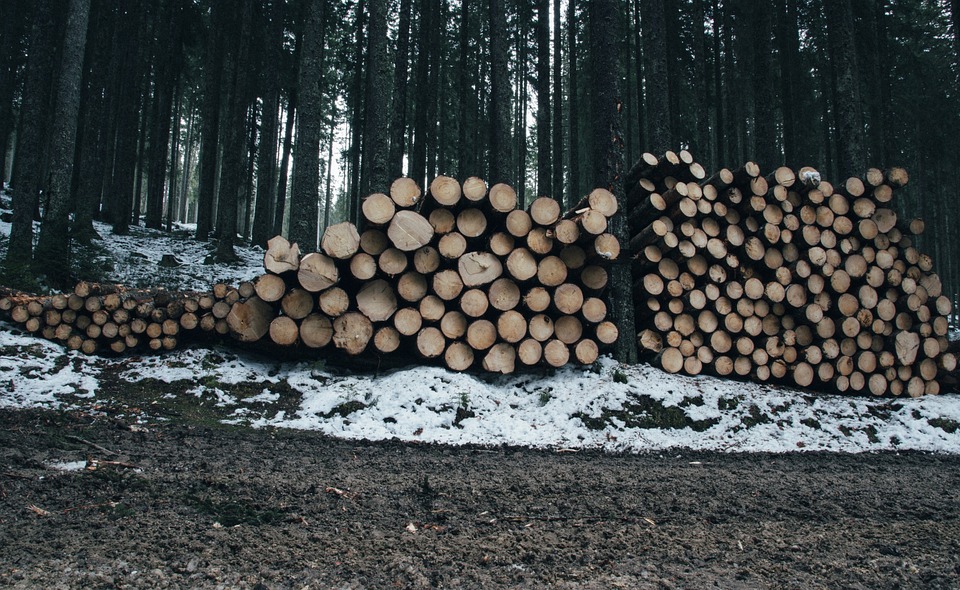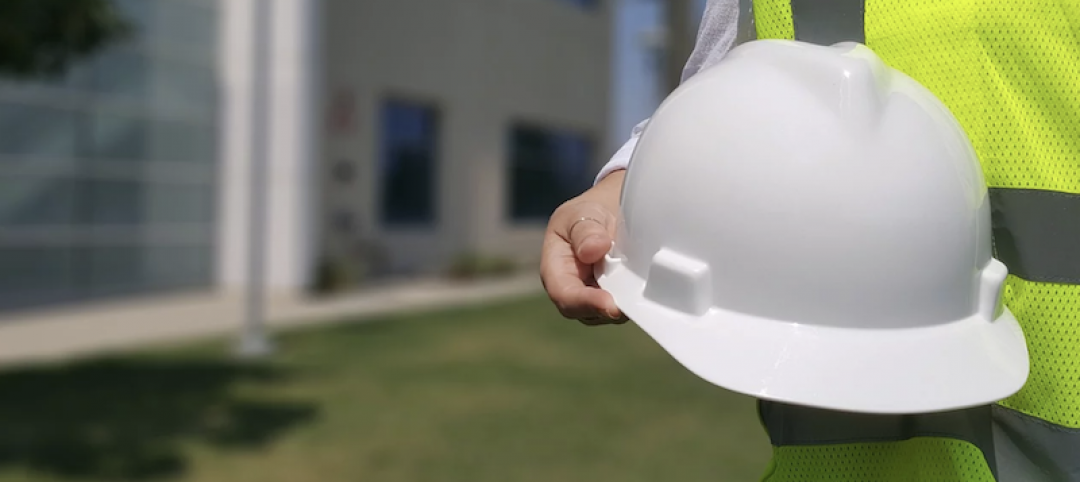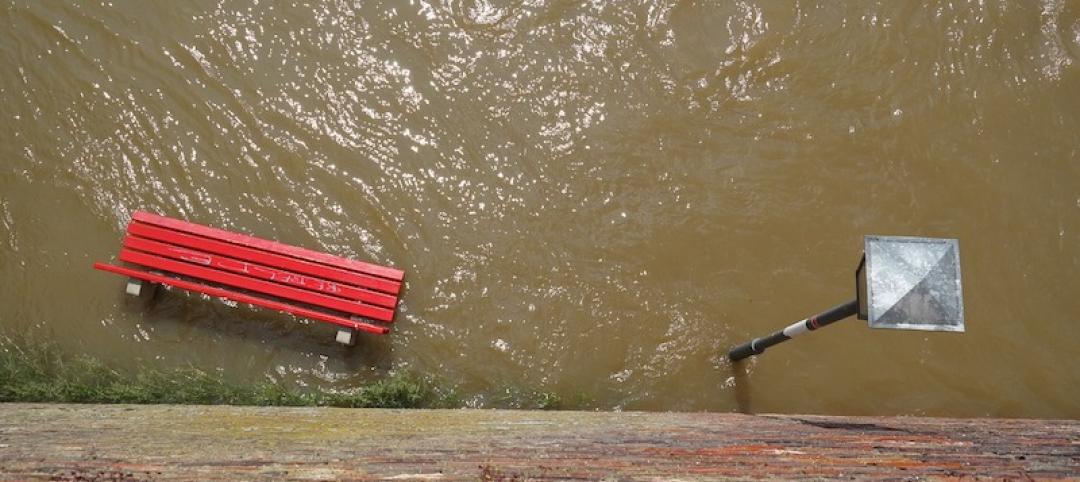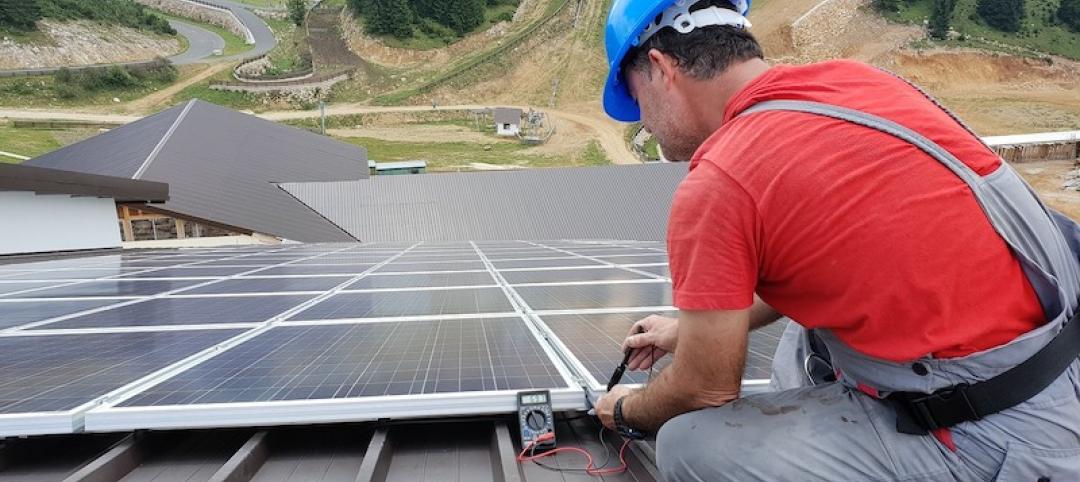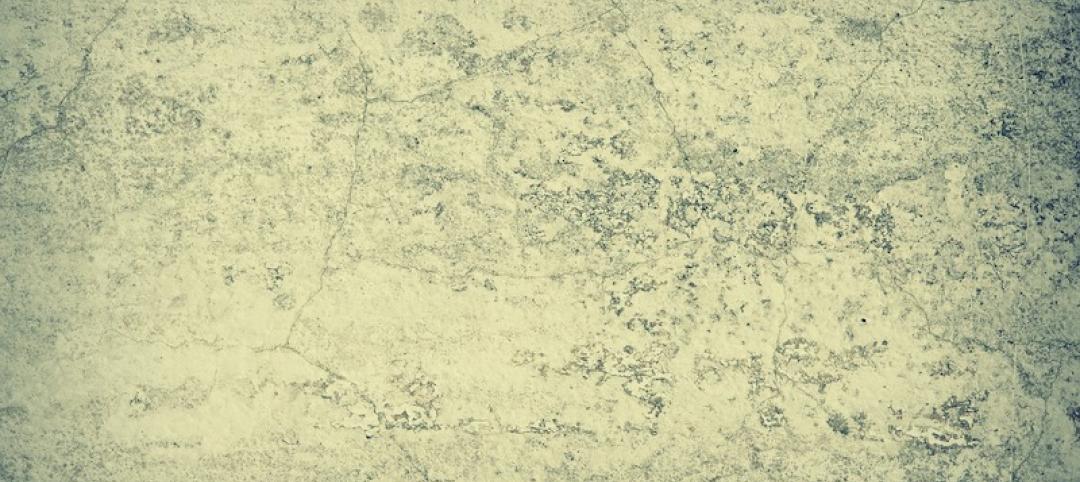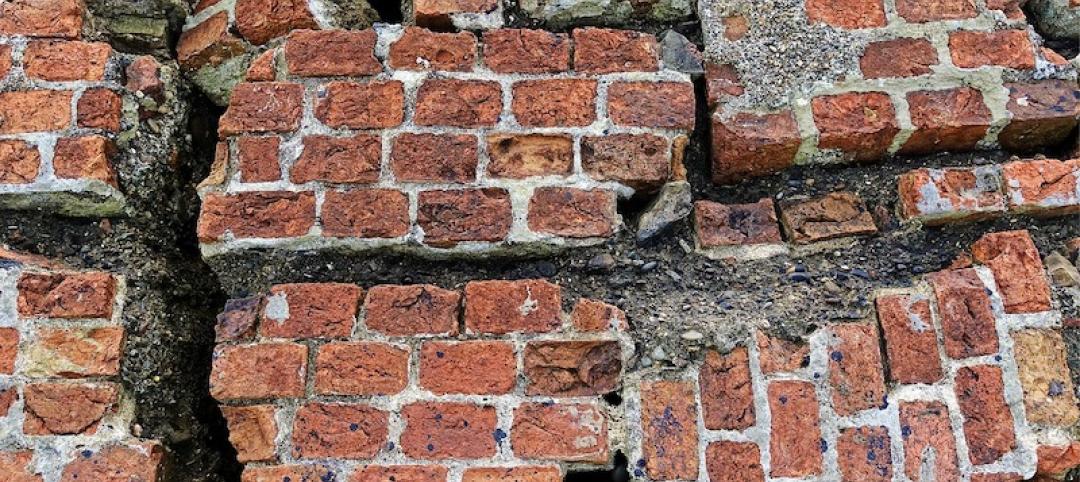The U.S. Department of Commerce recently announced preliminary tariffs on Canadian softwood lumber, ranging from 3.02% to 24.12% per producer.
The average import tax is 20%. The move is intended to help U.S. lumber producers compete with Canadian producers.
The U.S. International Trade Commission investigated whether Canadian producers' sourcing timber from government-owned land allows them to buy a product at a lower cost than U.S. producers, which typically source timber from private land. The tariffs are expected to generate $1 billion in revenue on imports of about $5 billion annually.
The duties were lower than analysts had expected, according to a Bloomberg report. The U.S. may also add antidumping duties, though, if allegations that Canadian producers are selling product at below-market rates in the U.S. are proven. The issue of volume and pricing of Canadian softwood lumber exports to the U.S. has been the source of a decades-long trade dispute between the two countries.
Related Stories
Codes and Standards | Mar 23, 2020
Contractors should scrutinize contracts carefully amid Covid-19 crisis
Compliance with time-sensitive notice requirements and careful documentation required.
Codes and Standards | Mar 23, 2020
Florida legislature passes bill to reduce retainage on state and local projects
House and Senate vote is nearly unanimous; law would go into effect Oct. 1.
Codes and Standards | Mar 20, 2020
Feds prod use of eminent domain to force people out of flood-prone homes
Local officials that don’t comply could lose federal money to combat climate change.
Codes and Standards | Mar 19, 2020
ASHRAE provides COVID-19 resources for operating, maintaining HVAC systems
Includes recently approved position document on Airborne Infectious Diseases.
Codes and Standards | Mar 19, 2020
CaGBC launches new version of its Zero Carbon Building Standard
Version 2 draws on lessons from more than 20 zero carbon projects.
Codes and Standards | Mar 16, 2020
Concrete industry reduces carbon footprint by 13% over five years
Result mostly due to more efficient use of Portland cement.
Resiliency | Mar 13, 2020
Feds push use of eminent domain to force people out of flood-prone homes
Local officials that don’t comply could lose federal money to combat climate change.
Codes and Standards | Mar 12, 2020
Design guide for sloped glazing and skylights updated for first time in 30 years
Helps with choosing proper glass for non-residential applications.
Codes and Standards | Mar 11, 2020
Two tree species native to the Northeast found suitable for CLT
Eastern white pine and eastern hemlock pass strength testing.
Codes and Standards | Mar 10, 2020
Prescient receives ICC certification for seismic resilience system
Technology suitable for buildings up to 12 stories in earthquake-prone areas.


